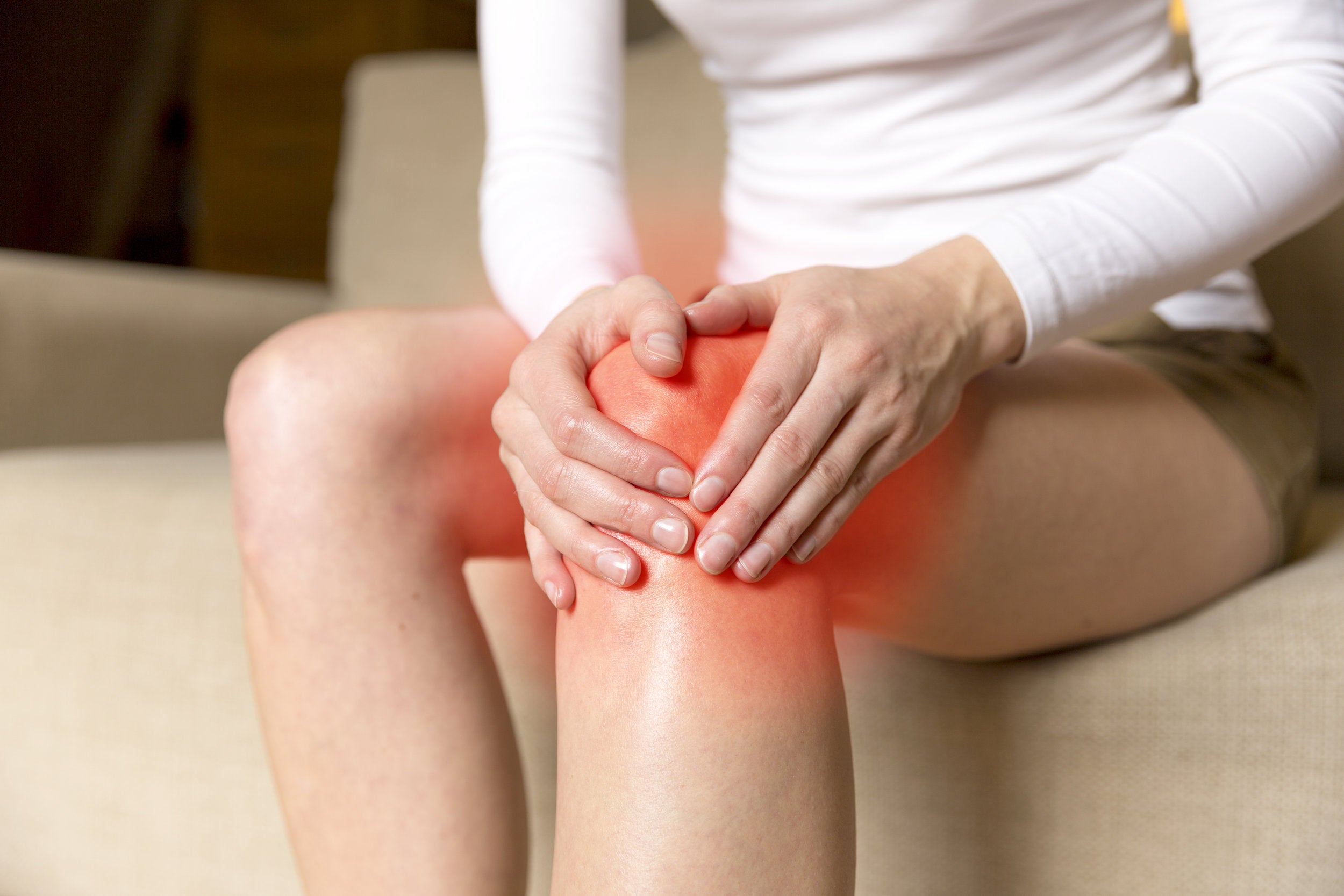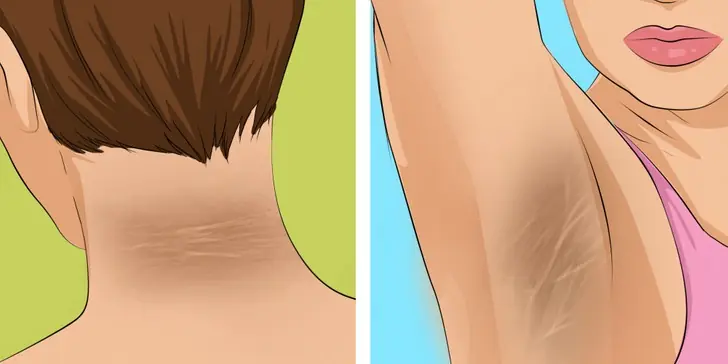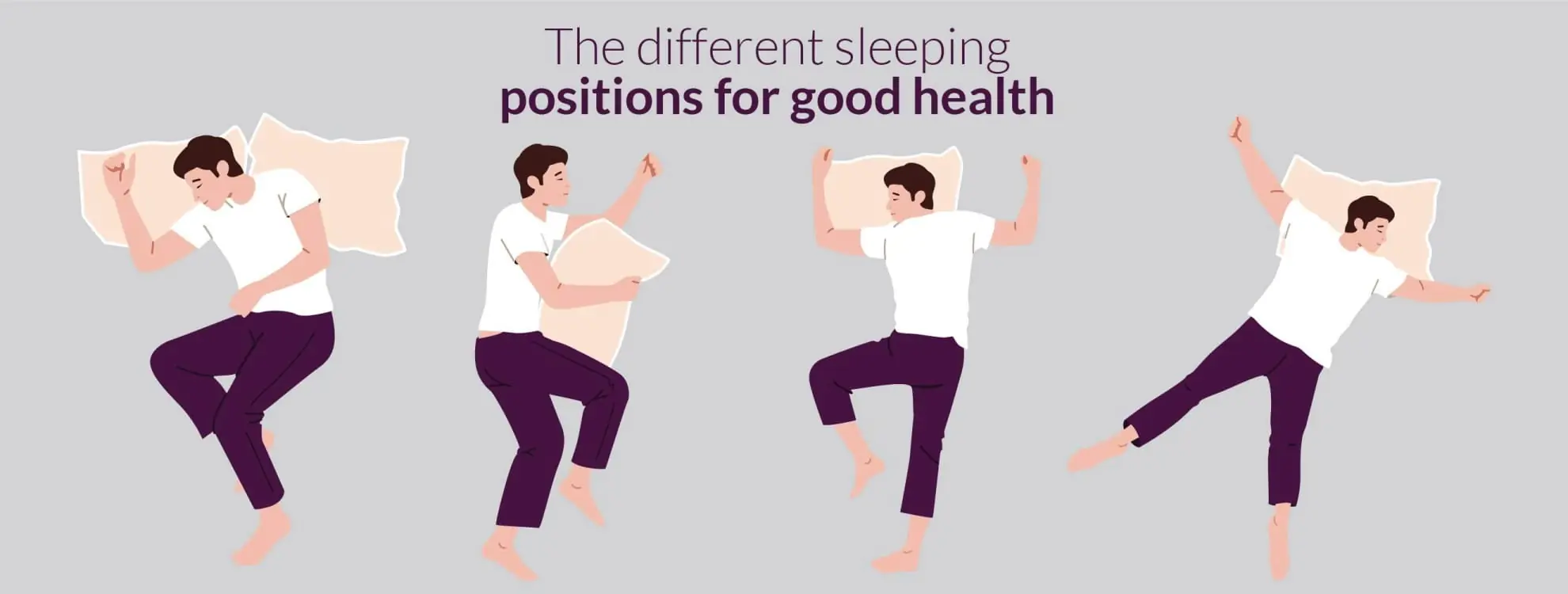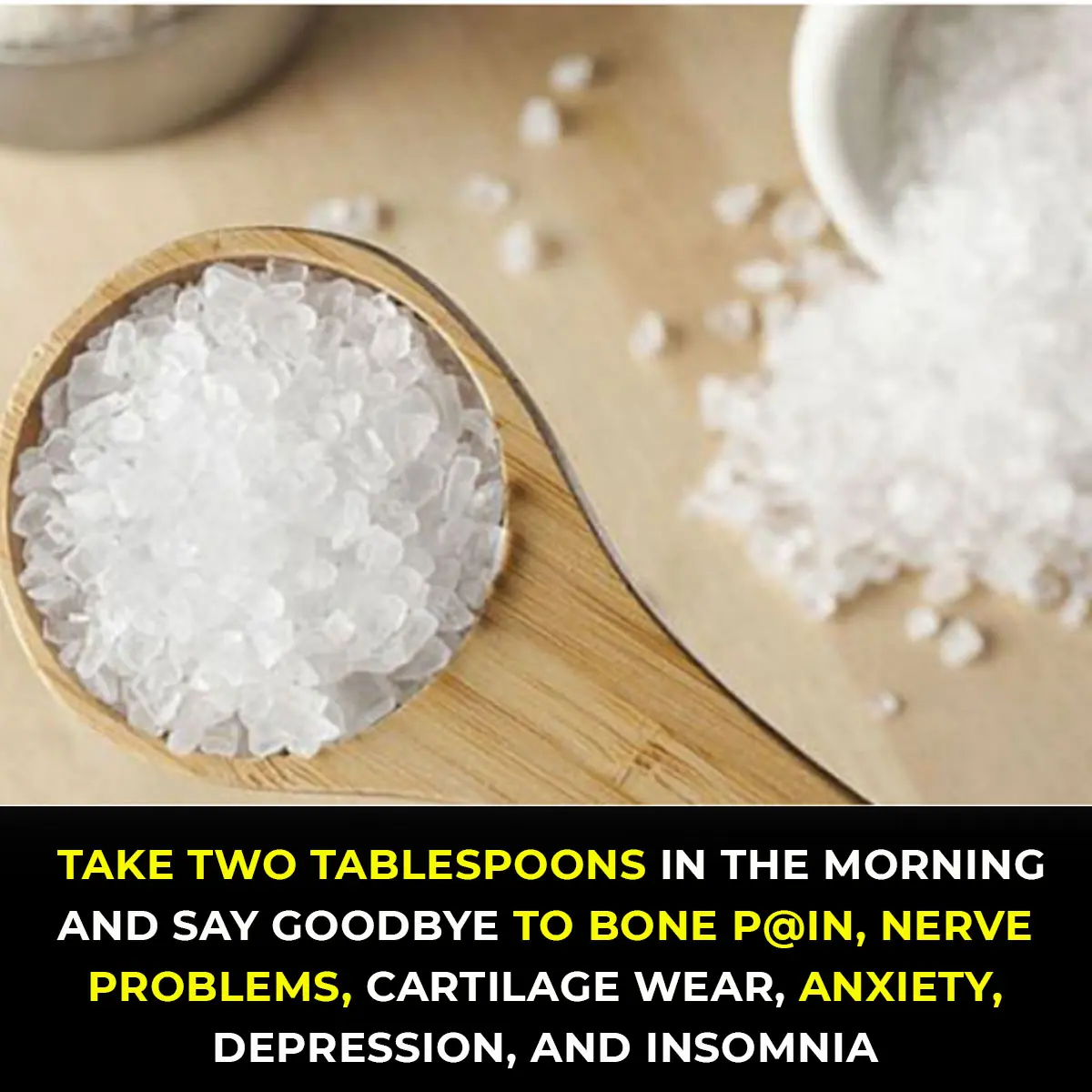
5 Common Habits That Quietly Damage Your Knees
5 Common Habits That Quietly Damage Your Knees
Knee injuries are a significant misfortune that can disrupt a person's life. Considering that the knee constantly bends to support our body weight, it's not surprising that over 10 million annual doctor visits are a direct result of knee injuries. It's crucial to be mindful of joint health, especially in the knee, which is a complex system of vulnerable components.
In this article, we will explore five lesser-known habits that can damage your knees, and why you should stop them now to ensure a longer, happier, and healthier future of movement.
1. Too Much Weight
Your knees work incredibly hard every day, accumulating thousands of contractions. Allowing your body mass index (BMI) to rise to unhealthy levels puts a lot of extra pressure on your knees. For every single pound of weight you gain, an additional three pounds of pressure are put on your kneecaps when you are standing upright. Obesity is commonly linked to knee problems and has also been associated with osteoarthritis, a condition that causes knee cartilage to break down faster.
Strive for a healthier BMI to take pressure off your knees and reduce your injury potential. A study by the National Institutes of Health found that people could reduce their osteoarthritis risk by up to 50 percent by losing more than 10 pounds.
How to calculate your BMI:
-
Divide your weight in kilograms (kg) by your height in meters (m).
-
Divide the answer by your height again to get your BMI.
For an average person who is 5 feet 9 inches tall, a healthy BMI is between 18.5 and 24.9.
2. Inadequate Exercise
Exercise is a double-edged sword when it comes to knee health. While it can be a source of injury, you also need it to make your knees stronger and less prone to injury. The knee relies on muscles to function without stress, so a proper exercise routine is preferable to no exercise at all. If you are not very active, start slow and try to build a consistent activity routine.
It's important to know how to exercise safely. Always remember to stretch your muscles before physical exertion. Choose exercises with low knee impact, such as walking, biking, swimming, yoga, and weight lifting, all of which can build knee muscle. Be mindful that long-distance running can put a lot of stress on the knees.

3. Shoe Importance
The shoes you wear are just as important as physical activity for knee health. High heels, for example, can throw off your balance and frequently cause knee pain. Studies have shown that high heels are the biggest risk factor for foot and knee injury in women. Find a shoe that fits you comfortably and look for orthopedic options that are designed to distribute weight evenly and reduce stress.
While you don't have to ditch fashionable shoes entirely, use them in moderation. Runners should also choose their shoes carefully, as the right shoe design depends on your foot shape and size.
4. Posture
Maintaining good posture is crucial for overall health and plays a huge role in how your body develops over time. As you move throughout the day, you want the weight you carry to be evenly distributed between your two legs. Bad posture is often characterized by bending your knees, slumping your back, loosening abdominal muscles, or shifting weight from foot to foot. Practicing good posture can help ensure even weight distribution and reduce strain on your knees.
5. Joint and Muscle Overuse
While physical activity is good for the knees, doing the same knee-taxing activity day after day can lead to overuse and damage. Your knees suffer a substantial amount of stress with little time to repair. To prevent this, add some variety to your physical routine to ensure you aren’t stressing only one part of the knee consistently.
Most importantly, you should pay close attention to how your knee feels. If a pain develops, you should take immediate action, as knee injuries tend to worsen over time. Early detection and treatment can be the difference between healthy and damaged knees. Rest, ice, elevation, and compression (R.I.C.E.) are recommended for any sudden or prolonged knee pain, and you should seek medical attention if the problem persists.
News in the same category


10 Warning Signs Sugar Is Slowly Wrecking Your Body

The 4 Must-Have and Inexpensive Fruits for Older Adults Who Want to Live Long!

The best fruits to unclog and clean your blood vessels

Best Sleeping Positions to Prevent Neck Pain, Reflux, and Keep Your Heart Healthy

Simple Techniques to Boost Your Lymph System and Remove Toxins

Benefits of Walking: Why Walking is One of the Best Forms of Exercise

Doctor gives 'deeply concerning' warning after man injected himself with sperm to 'cure back pain'

Mom, 33, issues warning after noticing ‘mosquito bite’ that turned out to be much more sinister

Study Suggests Key Link That Could Help Explain Autism Development

This One Superfood Could Tackle Major Health Issues—Here’s What You Need To Know

Woman’s Inoperable Brain Tumor Shrinks In Just Five Days Thanks To Cancer Breakthrough

The Strengthening Power Of This One Mineral That Many Are Not Aware

Scientists Warn Foot-Long “Demonic Flesh-Eating” Worms Are Invading The U.S.—Here’s What To Do

Officials Warn Tourists As Giant Toxic Jellyfish Washes Ashore At Popular Beach

When Nighttime Leg Cramps Become a Concern

One Month Before A Heart Attack, Your Body Will Warn You Of These 7 Signs

Researchers Sound Alarm Over Surge In Anal Cancer And High-Risk Populations

5 Things Doctors Say You Should Never Give Your Kids to Help Prevent C@ncer
News Post

Top 10 Foods That Cleanse Your Lung and Boost Immunity

10 Warning Signs Sugar Is Slowly Wrecking Your Body

The 4 Must-Have and Inexpensive Fruits for Older Adults Who Want to Live Long!

The best fruits to unclog and clean your blood vessels

Best Sleeping Positions to Prevent Neck Pain, Reflux, and Keep Your Heart Healthy

Simple Techniques to Boost Your Lymph System and Remove Toxins

Benefits of Walking: Why Walking is One of the Best Forms of Exercise

The Simpsons fans devastated as show 'kills off' one of the main characters for first time ever

Doctor gives 'deeply concerning' warning after man injected himself with sperm to 'cure back pain'

Mom, 33, issues warning after noticing ‘mosquito bite’ that turned out to be much more sinister

Study reveals average penis size across US states and exposes who is exaggerating

NASA releases closest-ever images to the sun and everyone is asking the same thing

Break-up coach reveals three clear signs that mean a relationship is over

“Meet K2-18b: The Distant Ocean World That Could Host Alien Life”

Secret CIA Documents Declare That The Ark Of The Covenant Is Real, And Its Location Is Known

Neuroscience Says: Listening to This Song Reduces Anxiety by Up to 65%. Hear It Yourself

Study Suggests Key Link That Could Help Explain Autism Development

Scientists Confirm Brain’s ‘Life-Flash’ Surge Just Before Death
